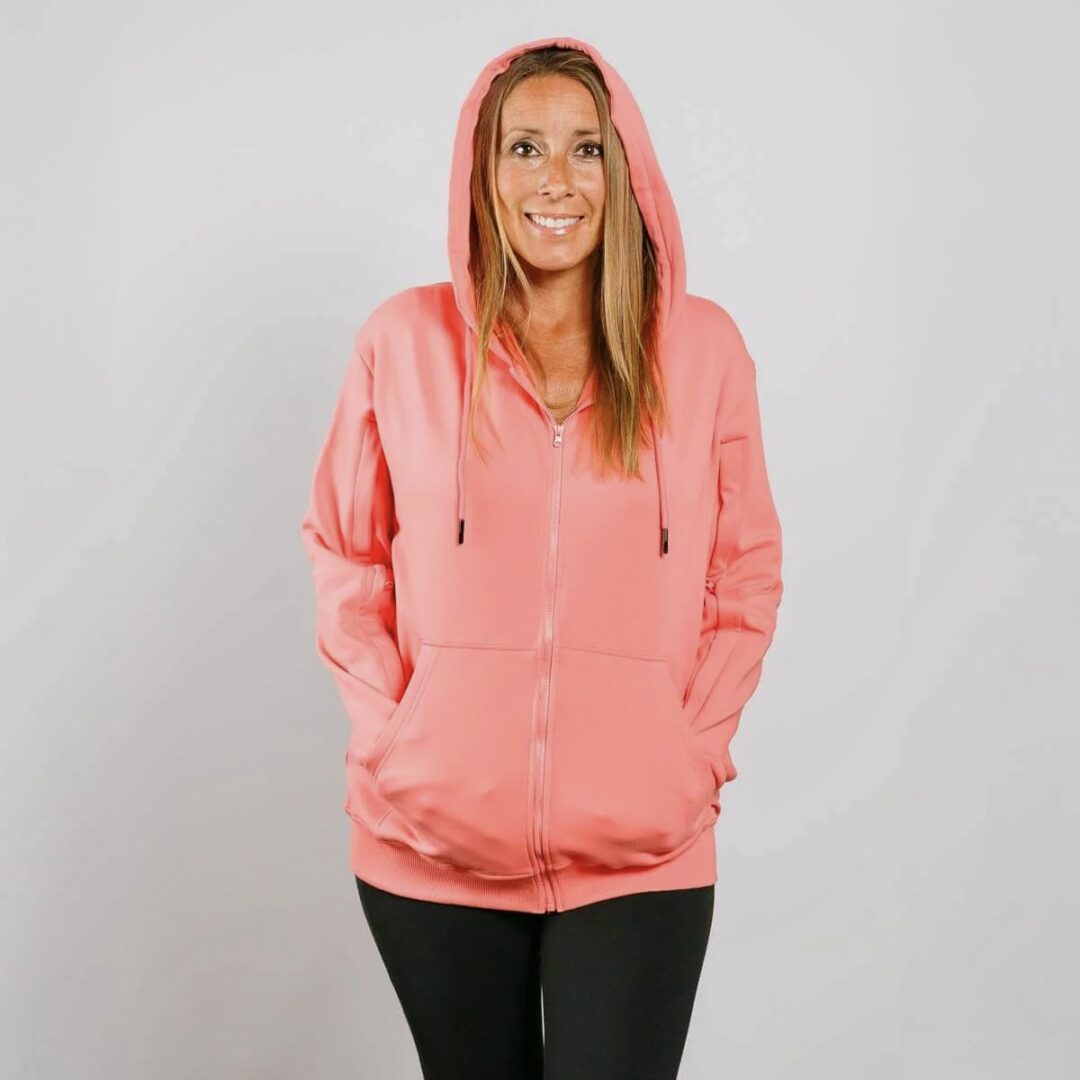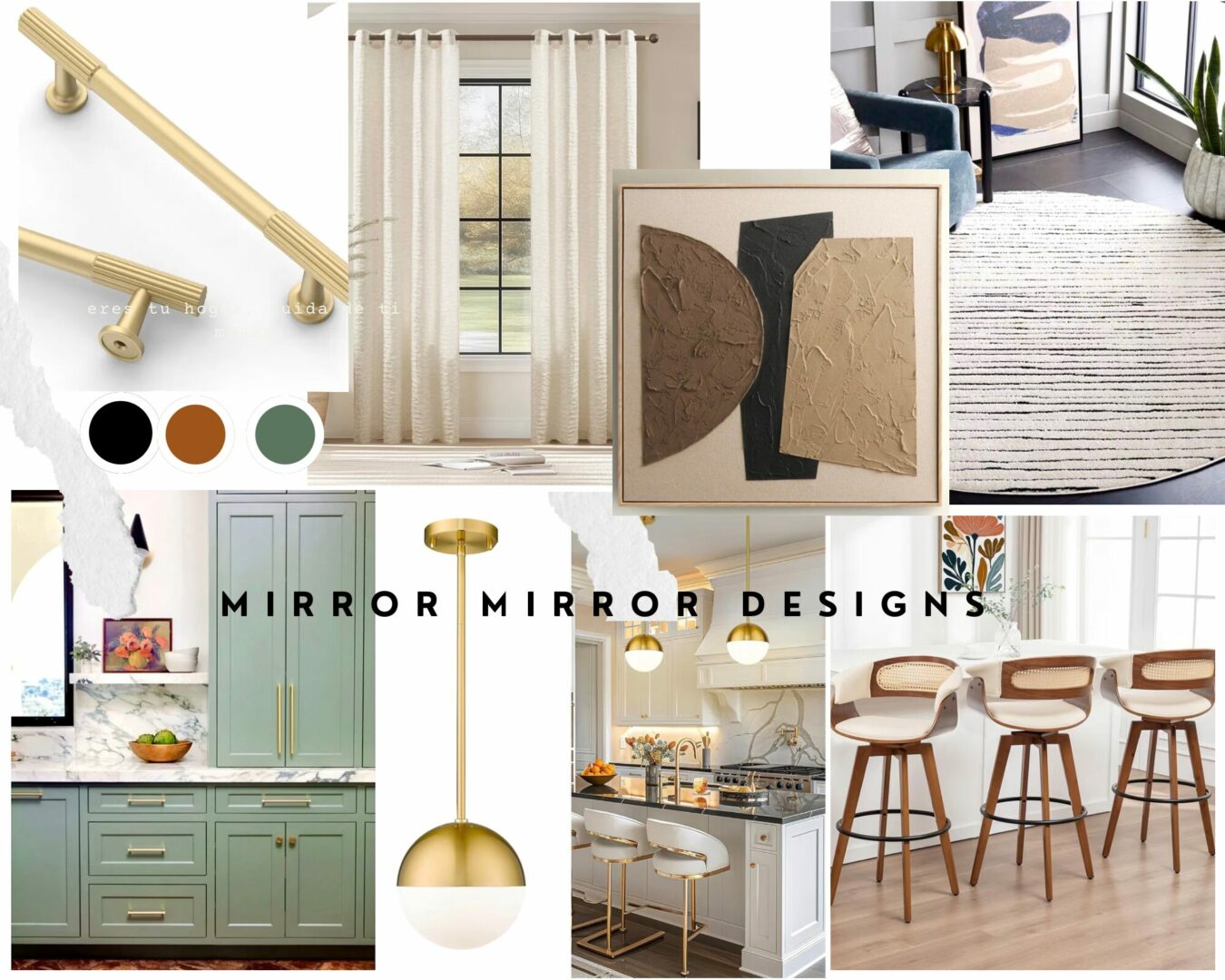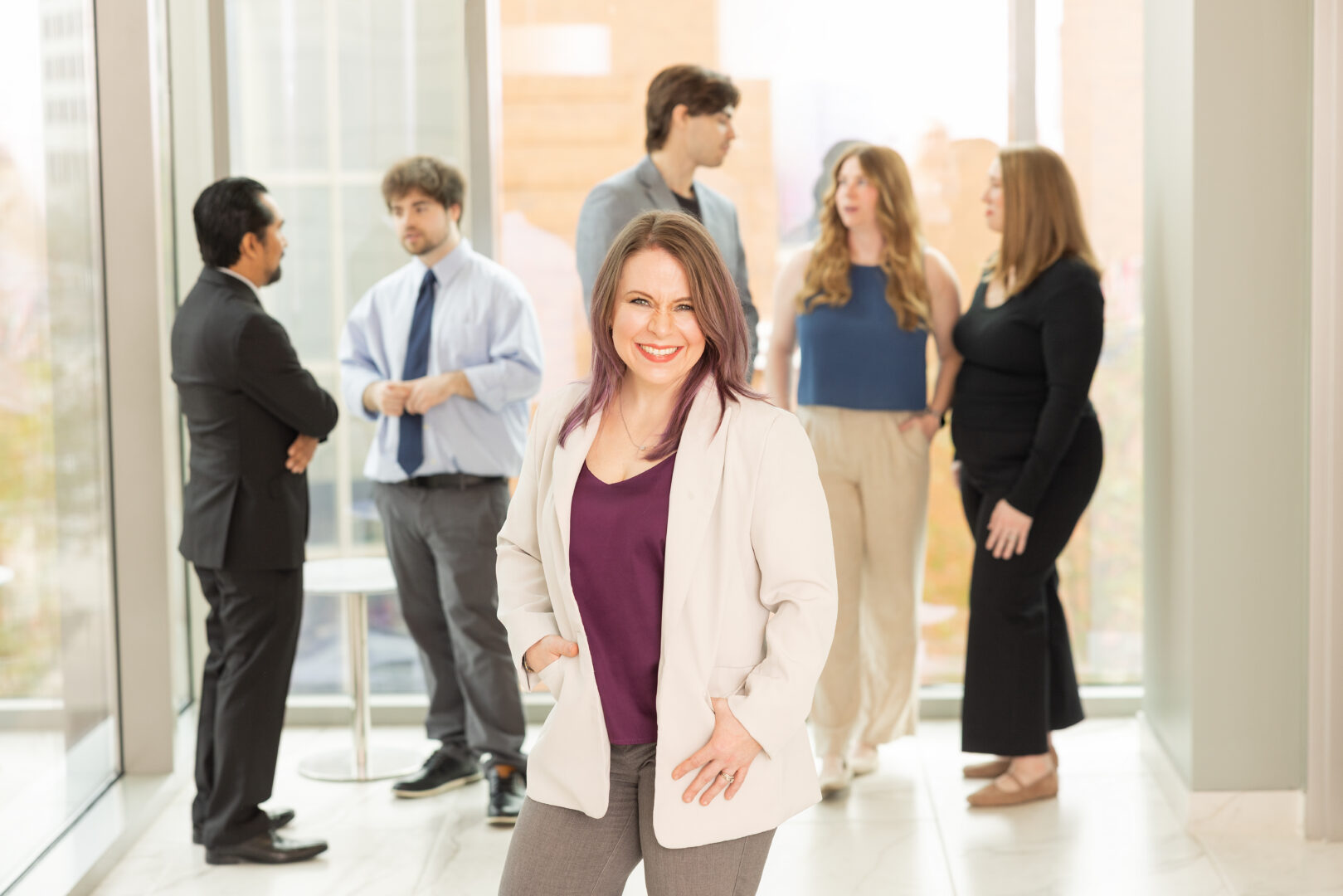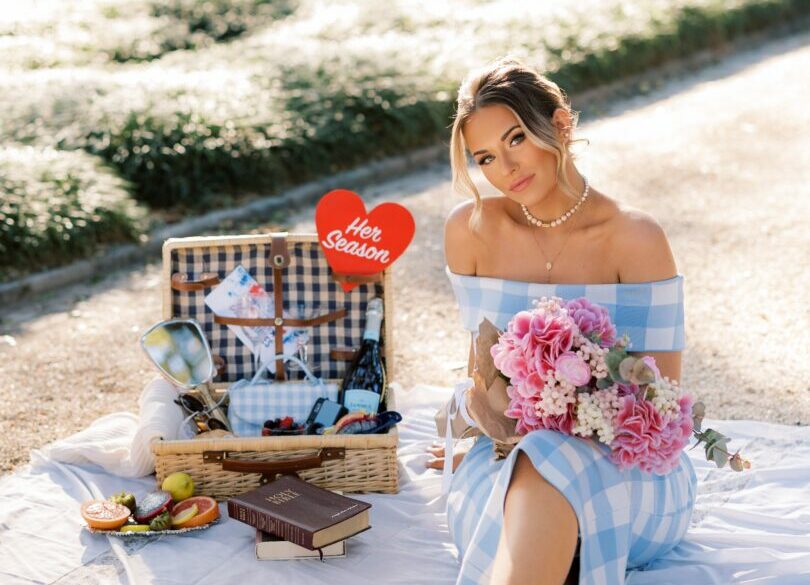We recently had the chance to connect with Amanda Phillips and have shared our conversation below.
Amanda, a huge thanks to you for investing the time to share your wisdom with those who are seeking it. We think it’s so important for us to share stories with our neighbors, friends and community because knowledge multiples when we share with each other. Let’s jump in: What do you think is misunderstood about your business?
I think the greatest misunderstanding is concerning our mission and pricing and how they complement each other to ensure BeWell’s sustainability.
BeWell has always had a dual mission. Sure, it’s a for-profit business, and I am not afraid to admit that because I really believe profit serves a purpose. It allows us to reinvest in better products, expand our designs to reach more people, and continue serving this community for generations to come. It was also meant to be my living, my way of taking care of myself while working on something I love. It allowed me to leave a toxic boss and day job. I left my day job to grow BeWell, but it has not been able to sustain my living because I’ve chosen to put it all back into growing BeWell. Becoming for-profit doesn’t mean making money a priority over people, it means building something sustainable enough to keep being able to make a real difference.
Our prices step in line with that sustainability. I completely understand sticker shock, especially if you’ve already got medical expenses to pay. Our prices are what it really costs to maintain BeWell in operation, not what we wish to charge in a utopian world.
When you purchase one of our products, you’re not purchasing fabric. You’re purchasing hours of thoughtful design time spent creating solutions that truly function for chronic illness life. You’re purchasing materials that are chosen because they’re kind to sensitive skin, durable through hundreds of washes, and thoughtful in the details like quiet zipper access for ports and IVs. Every stitch, every seam, every detail matters.
In addition to the product itself, prices also cover the myriad behind-the-scenes costs of operating a business: rent on warehouse space, packing and shipping materials, website hosting and domain names, merchant account fees, advertising to locate individuals who require these products, customer service, inventory management software, and so forth. These expenses accumulate quickly, but they’re needed to run a reliable business that can keep doing business with you.
When I’m bombarded by “these are too expensive” or the one that really breaks my heart “you’re taking advantage of sick people,” I realize there’s misunderstanding about what it takes to run a small business. I’m not putting money in my back pockets. Every dollar is poured back into making BeWell better and more accessible. I’m a person who has lived first-hand with chronic illness, who understands these barriers first-hand, and who started this company simply because these products weren’t available when I needed them most.
A business that can’t stand on its own eventually can’t serve anyone. Our prices reflect the real value of well-thought-out, quality products and the true costs of operating ethically and sustainably.
I’m very proud of where BeWell has come, and I remain committed to creating adaptive, functional products that really make a difference in people’s lives every day while they work to manage chronic illness. That requires compassion and business viability, and we work tirelessly every day to work for both.
Can you briefly introduce yourself and share what makes you or your brand unique?
The idea for BeWell came to me during my hospital stay in February 2022. While I was in the hospital, I was freezing and called the nurse for an extra blanket. It took over 15 minutes for someone to arrive, which was frustrating—not just because I was cold, but because I realized how helpless I felt if it had been something more serious. At the same time, I felt bad about bothering a busy nurse just for a blanket. That moment sparked an idea: what if there were products specifically designed to make hospital stays more comfortable and empowering for people with chronic illnesses?
While I was still in the hospital, I began brainstorming and sketching ideas for items that would be both functional and meaningful. I started with the IV-friendly hoodie concept, thinking about how clothing could be designed to accommodate IV lines comfortably. I also came up with the IBD Journal for tracking symptoms, and the Urgency Bucket—so I wouldn’t have to rely on an old ice cream pail when nature called urgently.
The only reason I felt this e-commerce idea could work was because my husband had successfully launched his own brand a few years earlier, giving me the confidence to believe it was possible. By March 2022, I had designed the first few products, and by July 2022, we launched BeWell.
The name “BeWell” holds personal significance; it’s the phrase my GI doctor would say to me every time we parted. I wanted a brand name that felt meaningful—a reminder of hope and resilience. When people see “BeWell” on our products, I want them to feel encouraged, not just see another name.
While our initial products were tailored to my needs as someone with Crohn’s disease, BeWell quickly evolved to serve a broader community of individuals facing various chronic illnesses. BeWell isn’t just a store; it’s a resource with products designed to make life a little easier, offering comfort and support along the way.
I am spending a lot of my time now fulfilling orders, handling customer service, posting on social media, and working with suppliers. We recently launched our affiliate program where we have foundations, hospitals, and customers signed up! We are currently working on designing new products to help more people, that is where it gets fun.
Appreciate your sharing that. Let’s talk about your life, growing up and some of topics and learnings around that. Who were you before the world told you who you had to be?
Before BeWell, I was just doing what I thought I was supposed to do. I had a finance job, 9-5, came home and became a wife and mom, and family first. On paper, I had it all together. However, something didn’t sit well with me, like I wasn’t happy in a day job that wasn’t giving back to me.
The signs were there, quiet at first, then unmistakable. My friends would tell me, “You ought to do something that truly gives you pleasure.” My husband tired of listening to me complain without doing anything about it. And my company quite plainly wanted me gone due to my medical accommodations, a cruel reminder that I was a statistic, not a person, to them.
That’s when everything shifted. I understood that I did not have to keep forcing myself into a shape that didn’t fit. I was never good enough to be in the role I wanted. I did not go to the top schools, I did not study for the CFA. I could apply my love of interior design, something that was always a pastime, an artistic outlet and pair it with building BeWell. I could create products of real purpose, things that had a real function, things that really helped people experiencing the same thing I was dealing with in terms of chronic illness.
And for real? There is actually something to helping people and how wonderful it feels. It’s not a cliché. When someone emails me letting me know that our IV hoodie brought them comfort on their infusion day, or our products made them feel less alone in their battle, that means more to me than any corporate success ever did.
I am still a wife, still a mom, still family-oriented. But now I am also a person building something meaningful. I am living a life that honors who I actually am, not who I thought I was supposed to be. And that is everything.
What did suffering teach you that success never could?
I think that suffering and success are lessons in two different things and we need to learn both lessons in order to be complete people. Suffering has taught me to value life in ways that I could never otherwise have appreciated. When you’re muddling through chronic illness, trudging through pain, making it through flare-ups, battling to make it through ordinary days, you learn to notice the small things. A day in which you wake up with fewer pains. An unplanned friend. The quiet calm of a warm blanket on a terrible day. Suffering strips away the nonessential and shows you what’s most important. It also teaches you empathy in a profound sense. When you’ve suffered, you’ve got a radar for other people’s wars. You see the unseen wars that people are fighting, the ones that you can’t see on the surface. You learn not to judge a person’s choices or limitations because you realize that you have no idea what they’re facing behind closed doors. Hardship toughens you. It toughens you to be resilient, compassionate, and to make sense even out of the worst times.
Success, though, does something else and no less significant. Success tells you what you are truly good at. It reveals to you your strengths and you can be certain about leaning into them completely.
I have a personal belief that is contrary to everyone’s mind in the office, specifically what I experienced at Vanguard. The corporate world is fanatic about “opportunity areas” and “development needs.” They’d have you spend all your time and energy on fixing your weaknesses, becoming better rounded out, molding yourself into whatever shape they need.
I believe that’s in reverse.
I believe people ought to identify their strengths, really understand them for themselves, and then become laser-like focused on building on them relentlessly. Build careers around them. Spend your time doing what you do so naturally well, what comes more naturally to you, what you might even enjoy because you’re so skilled at it. When you’re functioning in your strengths, work doesn’t feel like endless struggle, work feels like it flows. Success shows you where that flow exists. It lightens the places where you can bring value without constantly working against the grain. And that knowledge is invaluable in creating a life and a career that actually fits. Here’s my opinion on the matter: success is important for confidence, and suffering is important for character. You need both. Success gives you the self-confidence to take risks, to assume you can build something worth doing, to believe in your talent even when it begins to get difficult. Without failure, it’s difficult to have the confidence to attempt great objectives or weather the letdowns without losing spirit. But hardship gives you the richness, empathy, and insight that make success meaningful. Without hardship, success is emptiness, just one more thing to check off without ever understanding why it matters or for whom. Suffering reminds you why your work needs to exist for reasons greater than just making money or making something great. For BeWell, I needed both. I needed the suffering of living with sickness to appreciate what products were desperately needed and why they were absolutely necessary. I needed the empathy that comes of trying to visualize that which would indeed help those who were going through the same issues.
I needed success as well, the confidence that accompanies discovering I could create, I could problem-solve, I could craft from the ground up. Without the confidence that came from past success, I would never have believed that I was really capable of creating a business that serves this community. Struggle gave me the “why.” Success gave me the “how” and the belief that I could actually do it. So I don’t believe it is a question of one teaching you something the other could not. It’s that they teach you complementary things. Misery teaches you what matters and whom you want to be. Success teaches you what you can do and how to do it. Both together create someone with both the character to care a great deal and the competence to actually make a difference.
Next, maybe we can discuss some of your foundational philosophies and views? What do you believe is true but cannot prove?
I believe that modern industrialization and our obsession with convenience have directly contributed to the explosion of chronic diseases and cancer we’re seeing today. I can’t prove it definitively, there’s no single study that connects all the dots; but when you step back and look at the bigger picture, it’s hard to ignore the pattern. Ask yourself: what fundamentally changed in the last 100 years? We went from eating whole foods our great-grandparents would recognize to consuming products filled with inflammatory seed oils in nearly everything we eat. We replaced natural ingredients with petroleum-based dyes that make our food look appealing but serve no nutritional purpose. We added synthetic fragrances to everything from our laundry detergent to our hand soap, filling our homes with chemicals our bodies were never designed to process. We’ve introduced microplastics into our water, our food, our air, they’re literally inside us now, and we’re only beginning to understand what that means. All of this happened in the name of convenience. Cheaper production. Longer shelf life. Faster preparation. Brighter colors. Better scents. More profit margins. And during that same timeframe, we’ve watched chronic illness rates skyrocket. Autoimmune diseases that were once rare are now commonplace. Cancer rates continue to climb. Children are developing conditions that used to only appear in adults. Our bodies are breaking down younger and faster than previous generations. Is this correlation or causation? I believe it’s causation, even though I can’t prove it with absolute certainty. Our bodies are incredibly resilient, but they weren’t designed to handle the constant chemical assault of modern living. Every processed meal, every synthetic fragrance, every plastic container leaching into our food, it all adds up. Our systems become overwhelmed, inflamed, confused. And eventually, they start breaking down or turning against themselves. The tragic irony is that all of this was done to make our lives easier. Convenience was supposed to give us more time, more freedom, better living. Instead, it’s slowly poisoning us. Convenience kills. Not quickly or dramatically, but gradually, one seed oil at a time, one synthetic chemical at a time, one microplastic particle at a time. I think about this a lot with BeWell. I can’t change the entire industrial food system or eliminate every environmental toxin. But I can control what goes into our products. It’s choosing quality over speed, natural over synthetic, sustainable over disposable. It’s being willing to pay a little more, wait a little longer, work a little harder to reduce our toxic load. I wish I could prove this belief definitively. I wish there was a massive longitudinal study that tracked every chemical exposure and every disease outcome and showed the undeniable connection. But those studies are expensive, take decades, and frankly, there are powerful industries that don’t want those answers. So instead, I look at what changed and when. I look at the timeline of industrialization and the timeline of chronic disease. I look at my own body’s response when I eliminate processed foods and synthetic products. I look at the communities around the world that still eat traditional diets and live in less industrialized environments—and notice their dramatically lower rates of the diseases plaguing us. The evidence may be circumstantial, but it’s compelling. And until someone can prove me wrong, I’m going to keep believing that convenience, this modern promise of easier, faster, cheaper has come at a devastating cost to our health. We can’t undo 100 years of industrialization overnight. But we can make intentional changes in the products we consume.
Thank you so much for all of your openness so far. Maybe we can close with a future oriented question. What will you regret not doing?
Not spending more time with my kids. BeWell demands so much of my time that they’ve ended up at the warehouse just entertaining themselves while I count inventory and sort orders. That’s not how I want them to remember their childhood, watching mom work instead of being present with them.
I’m working toward outsourcing more of the operational tasks so I can reclaim that time. Because no amount of business success will matter if I look back and realize I missed these years with them. They’re only young once, and I don’t want to regret trading their childhood for building something that was supposed to make life better, not consume it.
Contact Info:
- Website: https://wearebewell.com
- Instagram: wearebewell
- Facebook: wearebewellofficial
- Other: TIKTOK- wearebewell
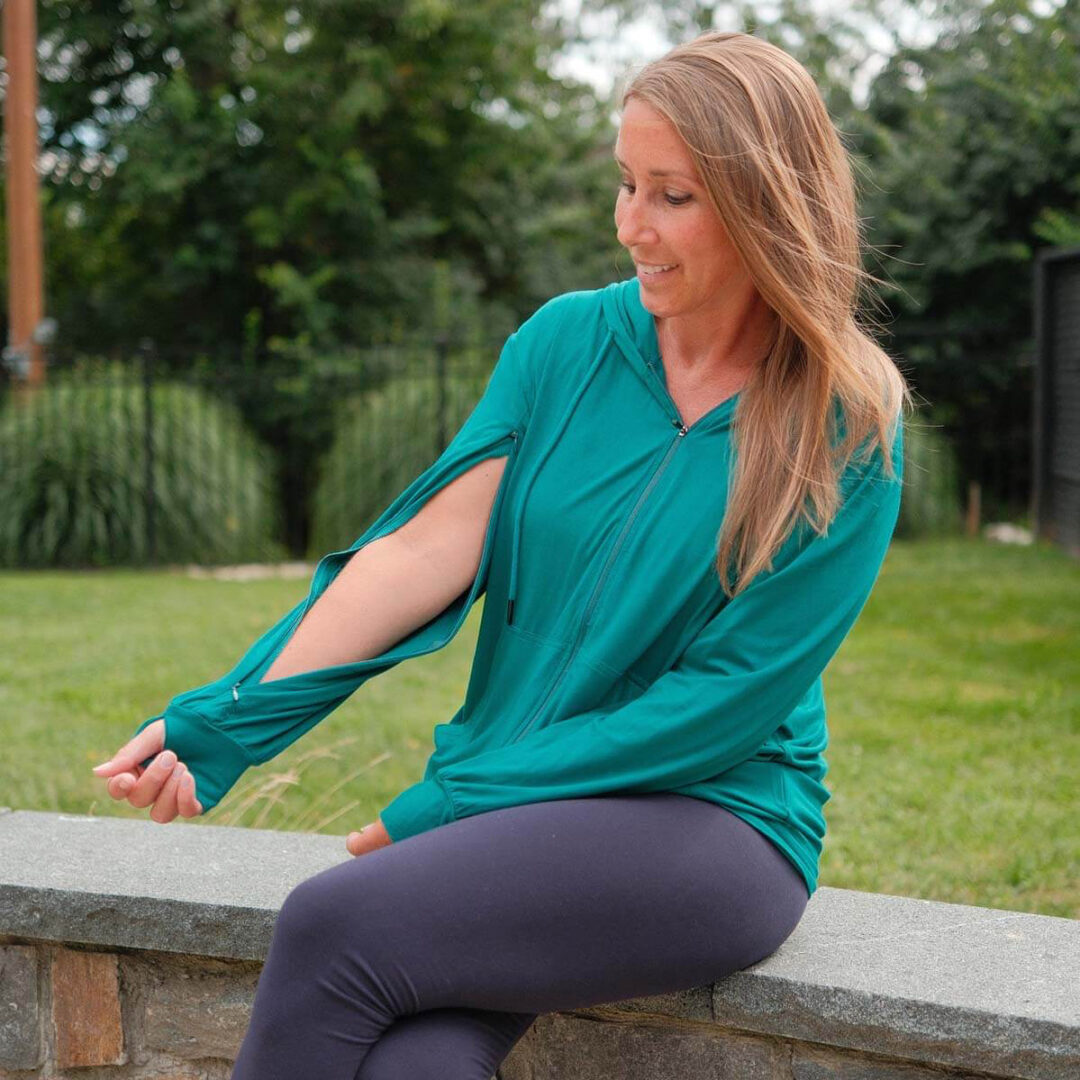
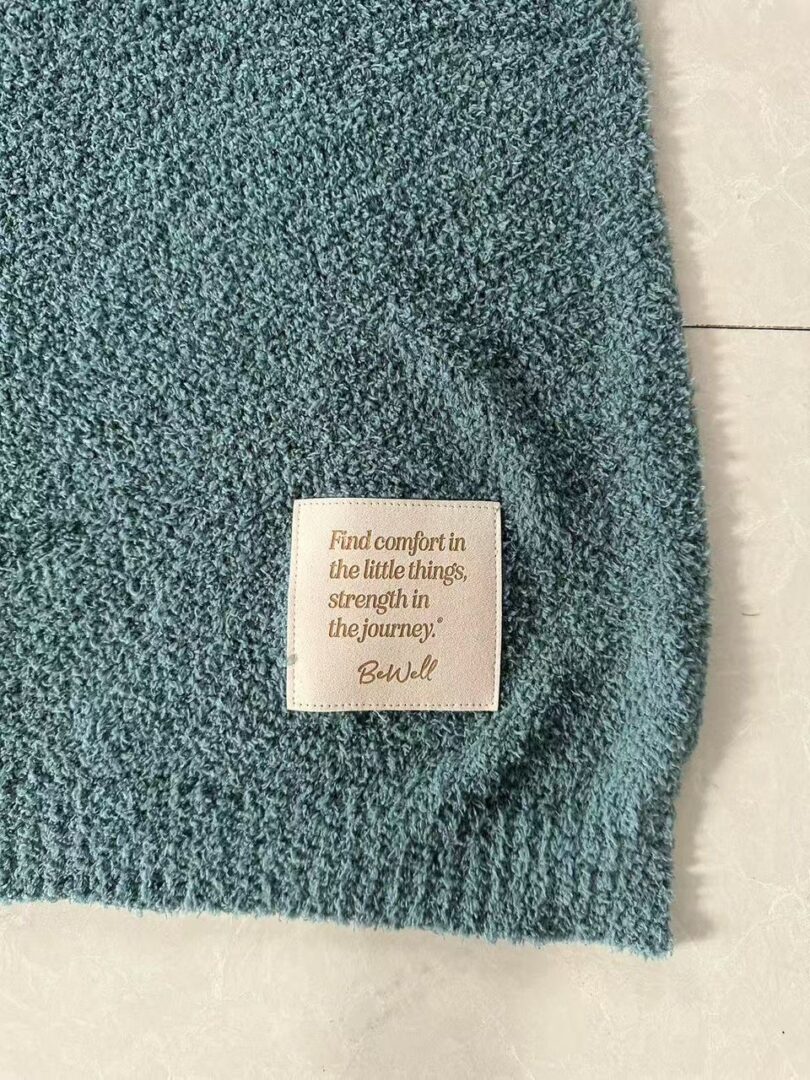
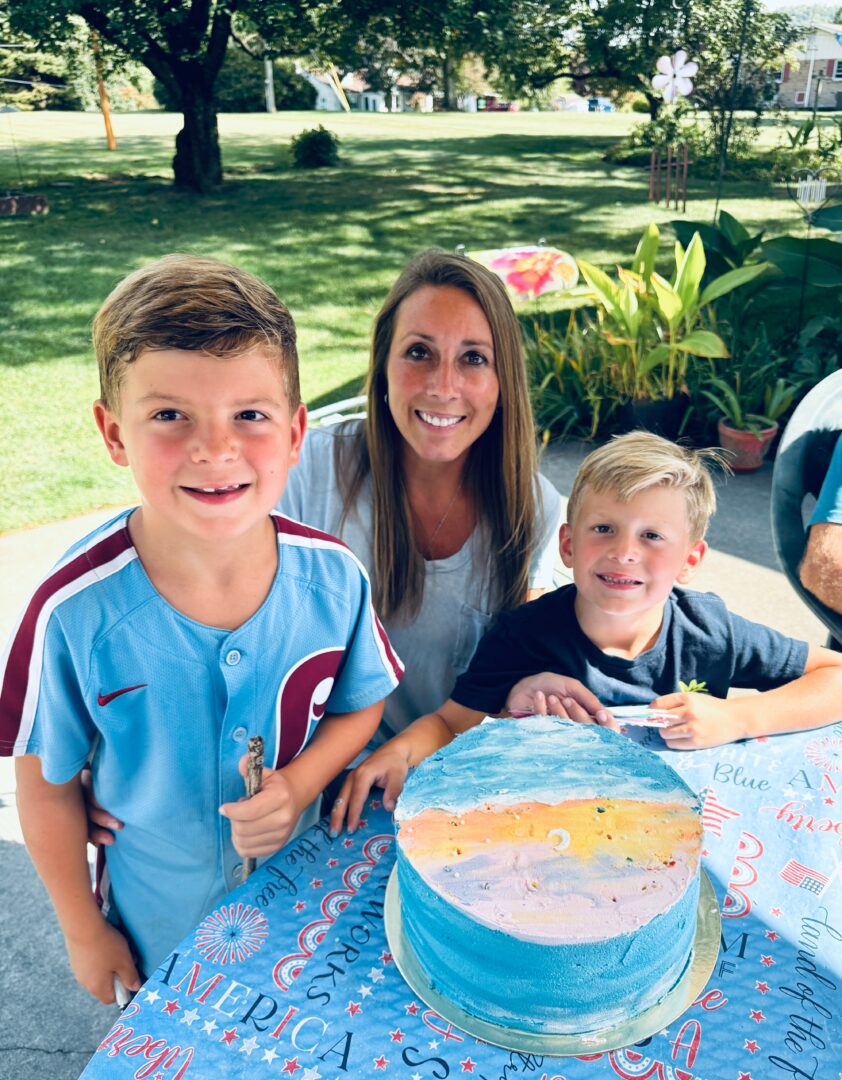
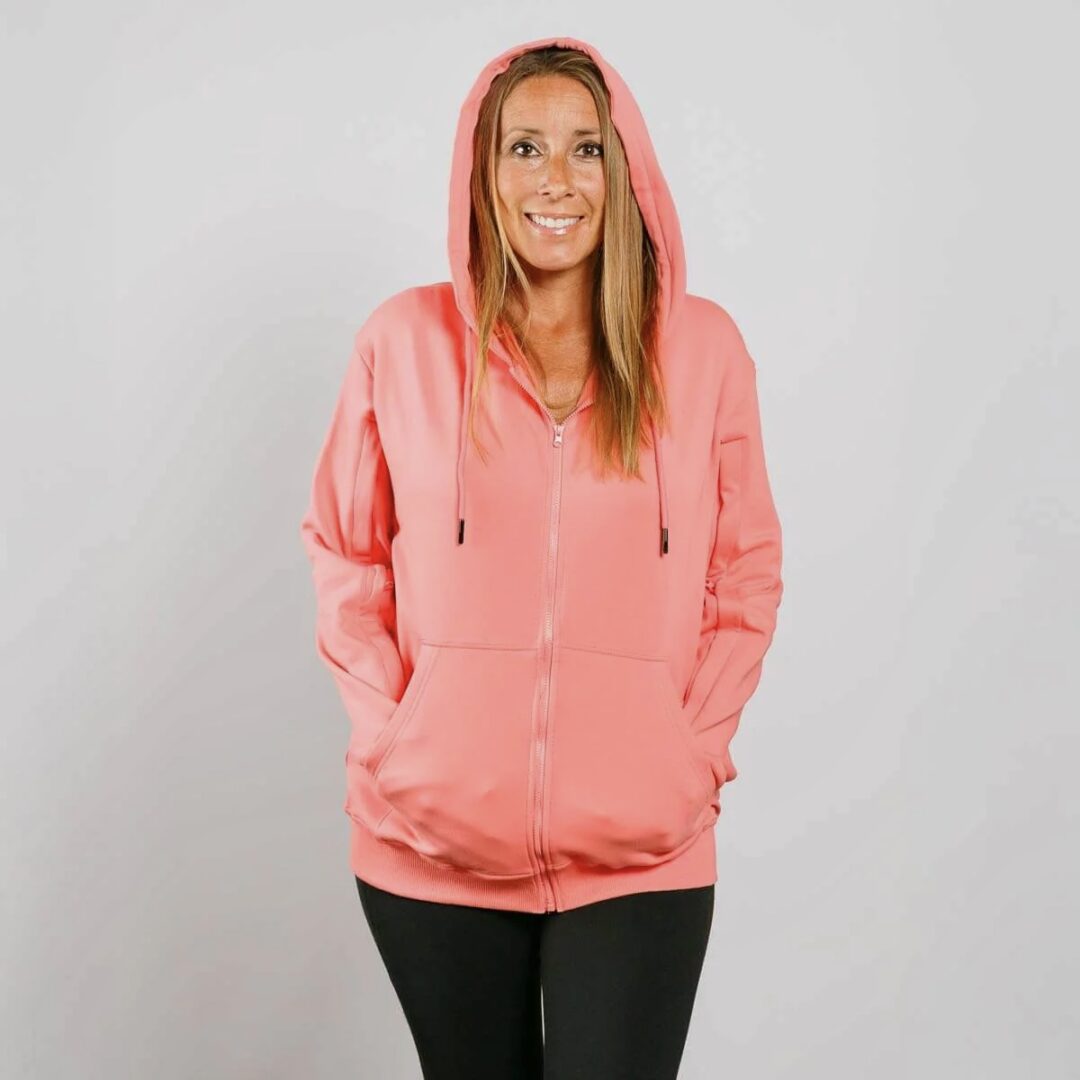
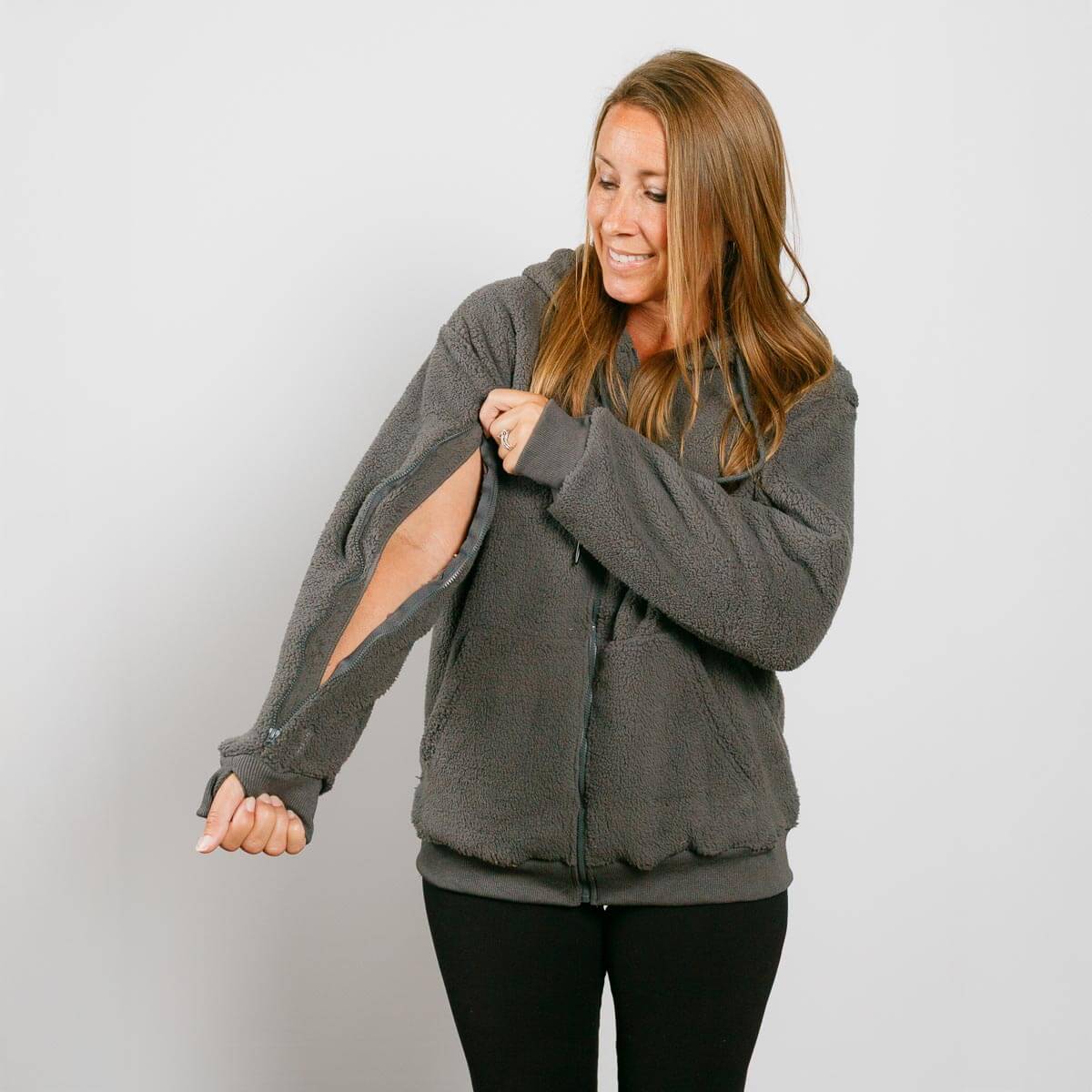
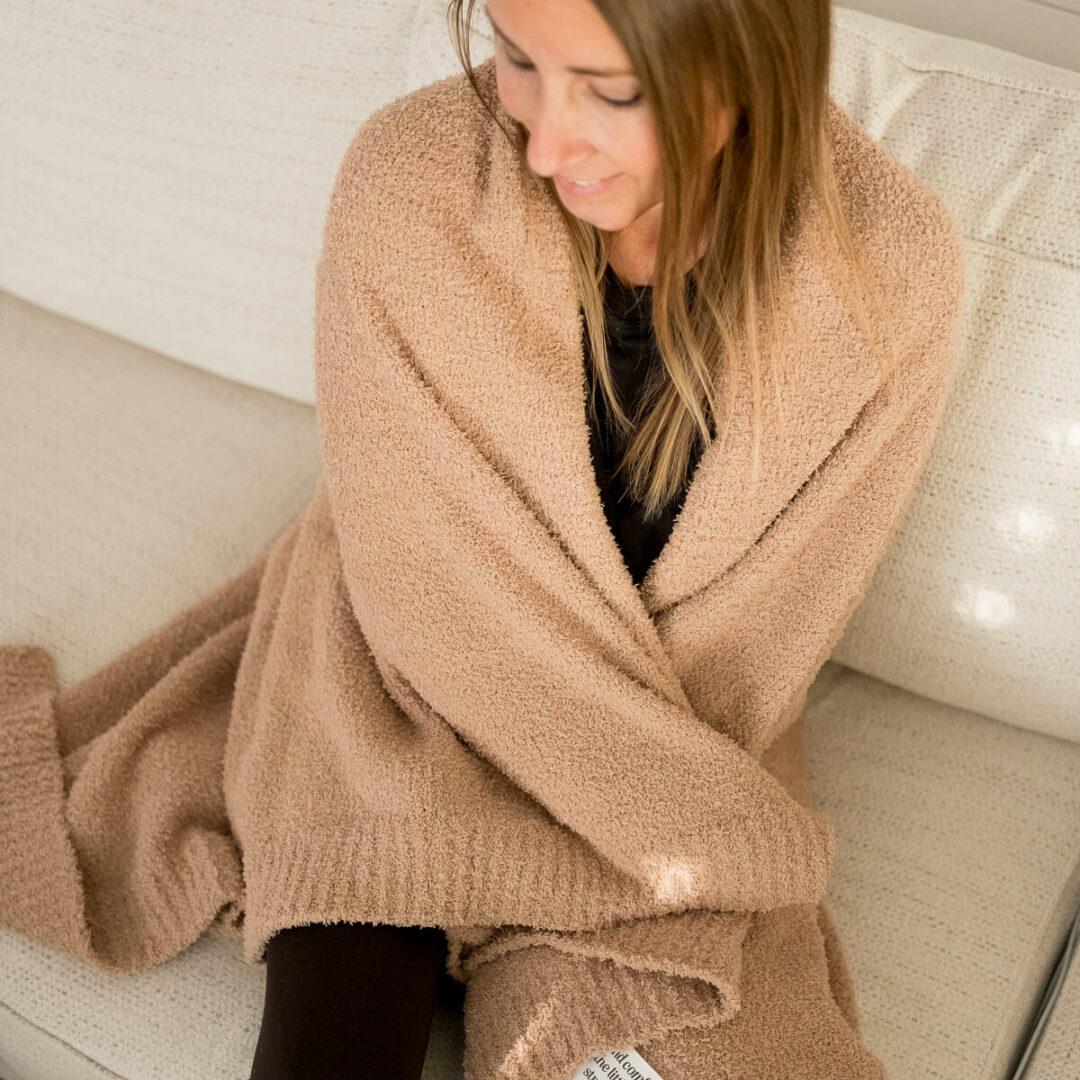
Image Credits
Amanda Phillips
so if you or someone you know deserves recognition please let us know here.

